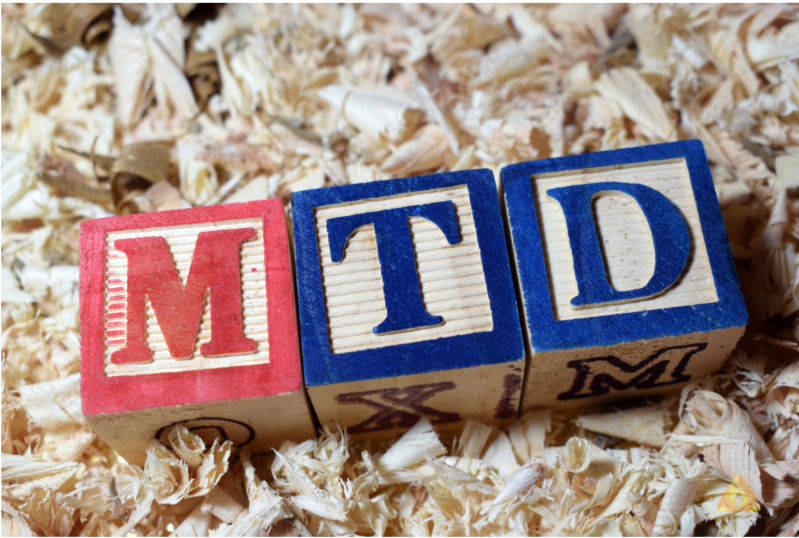MAXIMIZE EMPLOYEE HAPINESS WITH TRIVIAL BENEFITS
- ASESA Solutions Ltd

- Aug 12, 2024
- 2 min read
Updated: Dec 30, 2025

WHAT ARE TRIVIAL BENEFITS?
Trivial benefits are tax-free employee benefits. They are described as ‘trivial’ because they should have little actual value.
They’re usually small token gifts, like a box of chocolates or bunch of flowers to celebrate a birthday or anniversary. You don’t need to declare trivial benefits to HMRC and therefore you’re exempt from paying tax and National Insurance on them.
The idea of a ‘small gift’ is open to interpretation, which is why HMRC introduced legislation in 2016 which set out the conditions, a benefit must meet before it can be classed as ‘trivial’.
According to HMRC, an employee benefit is ‘trivial’:
If the conditions are satisfied
Benefits are exempt from tax and class 1 NIC
Don’t have to report it to HMRC
CONDITIONS TO BE SATISFIED
Trivial benefits provided to employees must not exceed £50 each, and the average cost per employee for these benefits must also stay within this £50 limit. This £50 limit is not an allowance but a threshold for each individual benefit. As long as these conditions are met, there is no restriction on the number of trivial benefits that can be awarded. For instance, if a binocular costs £159, tax and National Insurance Contributions (NIC) will be applicable to the entire £159, not just the portion exceeding £50. There is no limit to the number of Trivial Benefits an employee can receive in a tax year. Although there is an annual cap for directors.
TYPE OF BENEFIT (All conditions must be satisfied):
· Must not be Cash
· Must not be a Cash Voucher, such as:
Postal orders
Traveller’s Cheque
Premium Bonds
Not part of Contractual Obligation such as Salary Sacrifice.
· Not given as a reward for work or performance.
· Not given on a continual or regular basis.
EXAMPLES OF TRIVIAL BENEFIT
Some of the most common examples of trivial benefits:
Seasonal gifts
These are commonly a box of chocolates or a Christmas turkey.
Small gifts
If you send an employee a bottle of wine or a bunch of flowers to celebrate their birthday or a special anniversary, this could be treated as a trivial benefit.
Tea and coffee
Many employers provide free tea, coffee and water. As long as they meet HMRC’s criteria, these refreshments could be classed as trivial.




Comments